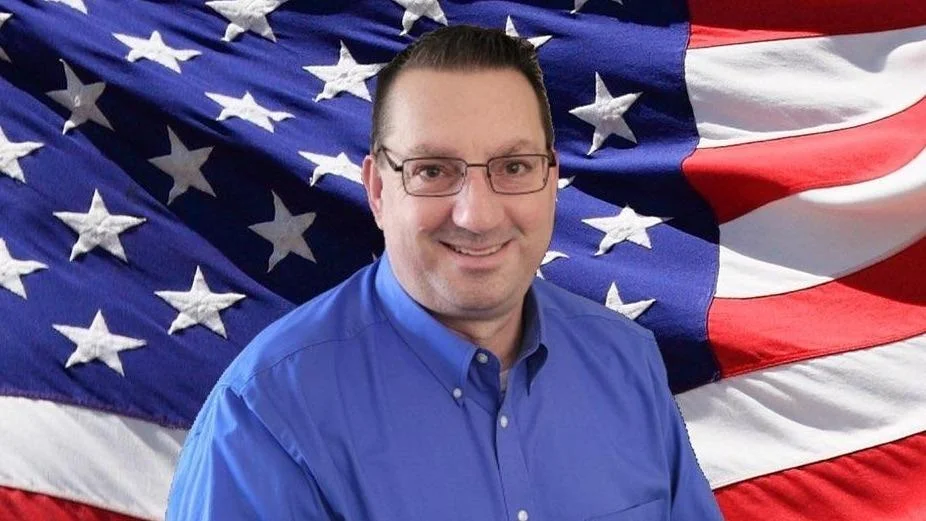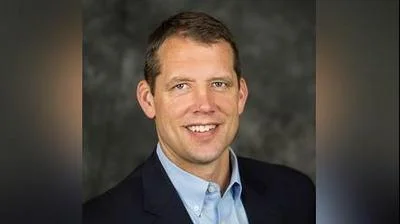Dave Maxey, Wisconsin State Representative for 83rd District | Facebook
Dave Maxey, Wisconsin State Representative for 83rd District | Facebook
According to the Wisconsin State Legislature's official website, the bill was described as follows: "excluding expenditures funded by referenda from shared costs for the purpose of determining equalization aid for school districts. (FE)".
The following is our breakdown, based on the actual bill text, and may include interpretation to clarify its provisions.
In essence, this bill modifies how equalization aid for Wisconsin school districts is calculated by excluding certain expenditures from shared costs. Specifically, expenses authorized by operating referenda to exceed revenue limits by more than $50 million, or by capital referenda to borrow in excess of $50 million, are excluded from a district's shared costs. However, this exclusion does not apply if the district was classified as a negative tertiary school district in the previous year, meaning its equalized valuation surpassed the tertiary guaranteed valuation per member. The changes aim to adjust the formula for calculating financial aid by excluding large capital and operating referenda, potentially impacting state aid allocations to schools with substantial local referenda-funded expenses.
The bill was co-authored by Senator Julian Bradley (Republican-28th District), Representative Elijah R. Behnke (Republican-6th District), Representative Lindee Rae Brill (Republican-27th District), Representative Rick Gundrum (Republican-58th District), Representative Daniel Knodl (Republican-24th District). It was co-sponsored by Senator Steve L. Nass (Republican-11th District), along four other co-sponsors.
Dave Maxey has co-authored or authored another 29 bills since the beginning of the 2025 session, with none of them being enacted.
Maxey graduated from Waukesha County Technical College in 2002 with an AA.
Maxey, a Republican, was elected to the Wisconsin State Assembly in 2025 to represent the state's 83rd Assembly district, replacing previous state representative Nik Rettinger.
In Wisconsin, the legislative process starts when a senator, constituent, group, or agency proposes an idea for a bill. After drafting, the bill is introduced, numbered, and referred to a committee for review and public input. If approved, it moves through three readings and votes in both the Senate and Assembly. Once both chambers pass the same version, the bill goes to the governor, who can sign it, veto it, or let it become law without a signature. Only a small share of bills introduced each session ultimately become law. You can learn more about the Wisconsin legislative process here.
| Bill Number | Date Introduced | Short Description |
|---|---|---|
| AB81 | 02/28/2025 | Excluding expenditures funded by referenda from shared costs for the purpose of determining equalization aid for school districts. (FE) |
| AB70 | 02/24/2025 | A disclaimer of parental rights and payments allowed in connection with an adoption |
| AB47 | 02/17/2025 | Tuition and fee remission for certain veterans and their dependents enrolled in the University of Wisconsin System or a technical college. (FE) |


 Alerts Sign-up
Alerts Sign-up